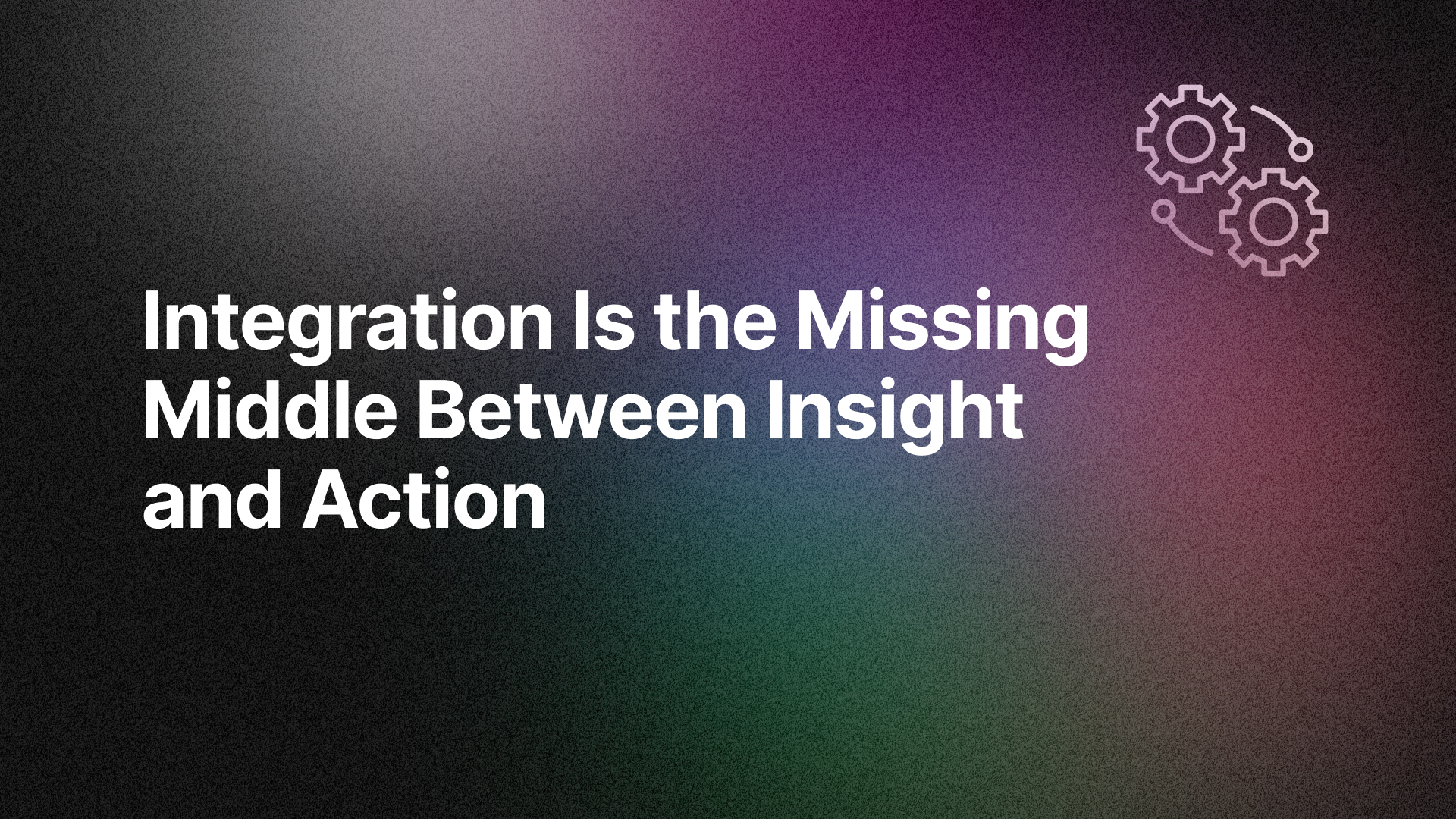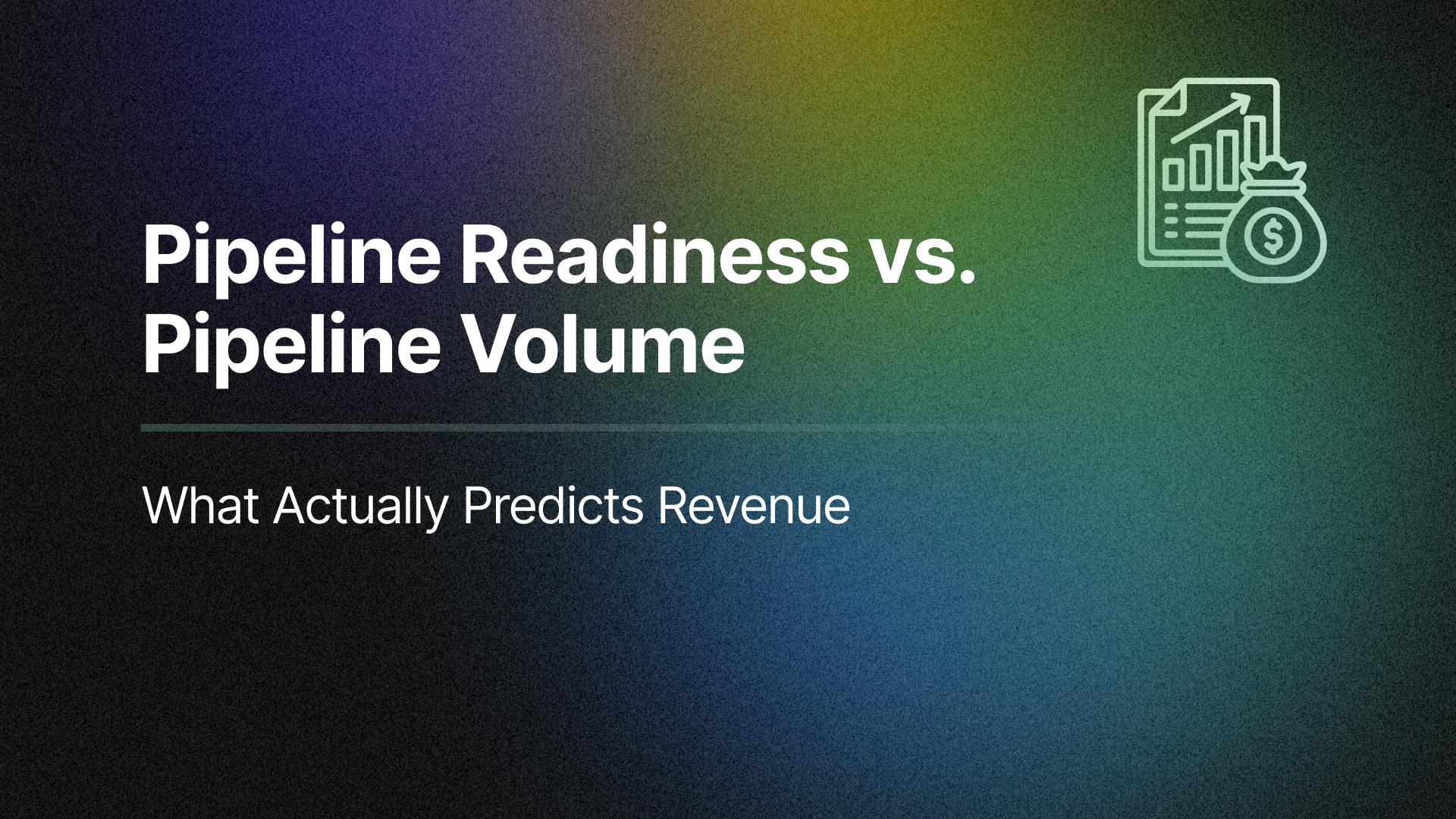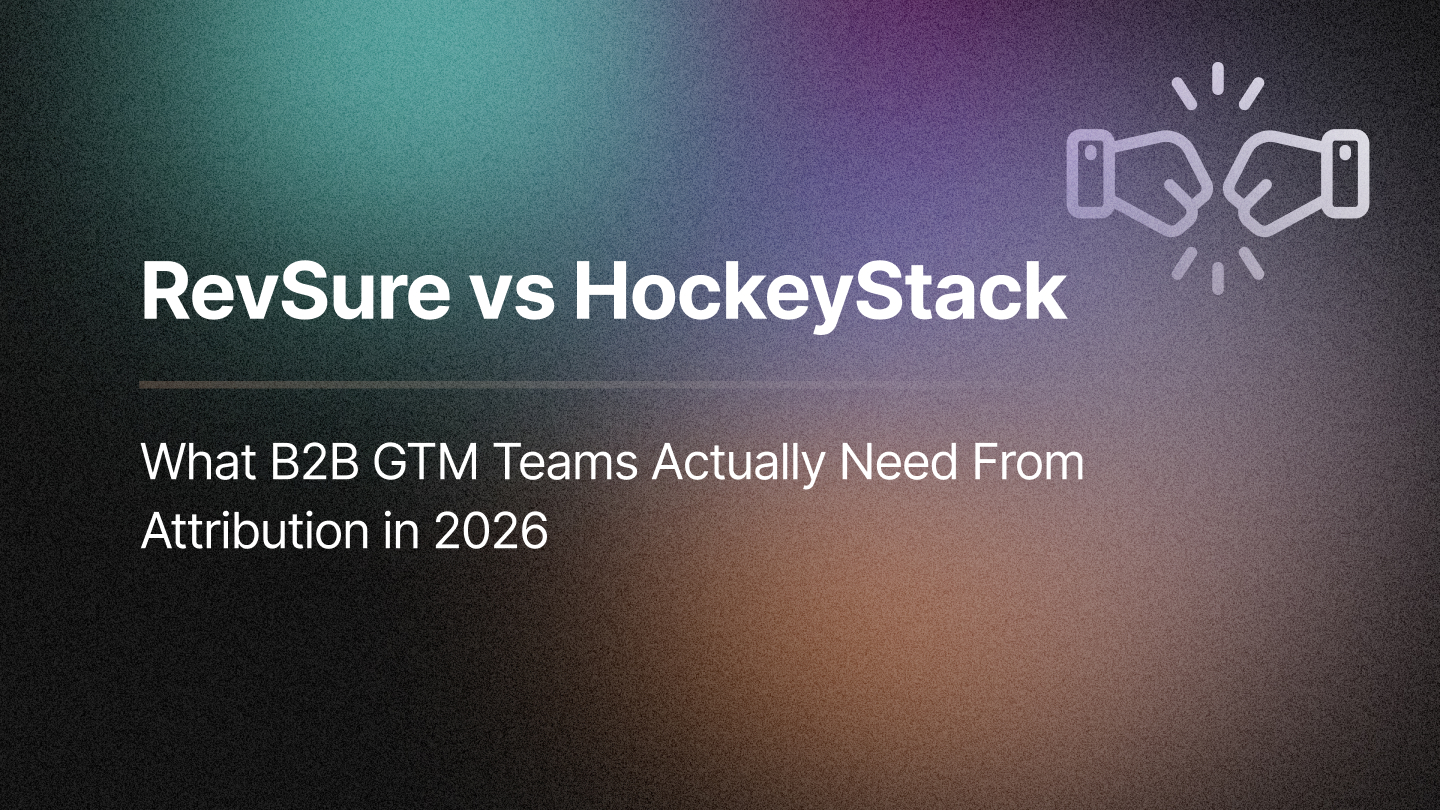AI is transforming the marketing world, helping businesses sharpen their strategies, elevate buyer experiences, and boost revenue. Whether it's lead scoring, intent analysis, or integrating data across platforms, AI tools simplify workflows and reveal valuable insights that drive real results.
These tools can either be custom-built or sourced externally and then fine-tuned with company-specific data to achieve optimal results.
The Historical Context of AI and Machine Learning in Marketing
Machine learning (ML), a subset of AI, has been in development for decades. Early experiments with ML date back to the 1950s and 60s, but it wasn't until the 1980s that commercial applications began to emerge.
Today, AI and ML have evolved into indispensable tools in the marketer's toolkit. However, understanding the underlying techniques and tools is crucial. When someone mentions AI, ML, or Generative AI, it's essential to inquire about the specific methods and technologies in use to ensure clarity and alignment with business goals.
Practical Applications of AI in Marketing
AI is changing how marketers understand, target, and engage their audiences. Here are three key areas where AI proves invaluable:
Lead Scoring
AI-driven lead scoring models analyze historical data to predict the likelihood of a prospect converting into a customer. By evaluating various data points—such as demographic information, behavioral patterns, and engagement history—AI assigns a score that helps sales teams prioritize high-value leads. This approach significantly improves efficiency and ensures resources are allocated where they're most likely to yield results.
Intent Scoring
Understanding a customer's intent is vital for tailoring marketing messages. AI tools analyze signals from multiple sources, such as website visits, content downloads, and email interactions, to gauge a prospect's readiness to purchase. This granular understanding allows marketers to deliver highly relevant content at the right time, enhancing the chances of conversion.
Cross-Platform Data Integration
In today's multi-channel world, customers interact with brands across numerous platforms. AI excels at stitching together data from disparate sources to create a unified view of customer interactions. This comprehensive perspective helps marketers understand the customer journey, identify pain points, and optimize strategies to deliver a seamless experience.
RevSure's AI Engine for B2B GTM Teams
Built with cutting-edge machine learning algorithms, the RevSure AI Engine integrates seamlessly with a company's existing data ecosystem to provide actionable insights that drive smarter decisions.
1. Pipeline Predictability: RevSure's AI Engine uses predictive analytics to forecast pipeline performance with unparalleled accuracy. By analyzing historical trends and real-time data, it empowers businesses to anticipate outcomes and take proactive measures to achieve revenue goals.
2. Lead Propensity Scoring: With advanced lead propensity models, the AI Engine identifies high-potential leads, allowing sales and marketing teams to focus their efforts on prospects with the highest likelihood of conversion. This targeted approach improves efficiency and boosts ROI.
3. Signal-Based Intelligence: The AI Engine provides granular insights into buyer behavior by leveraging first-party and third-party data. This signal-based intelligence helps businesses identify early-stage intent, enabling personalized engagement strategies that resonate with prospects.
4. Customizable Models: Recognizing that every business has unique needs, RevSure's AI Engine offers customizable models that can be fine-tuned to align with specific organizational goals and customer dynamics. This flexibility ensures that businesses derive maximum value from their AI investments.
By combining these capabilities, RevSure's AI Engine empowers marketing and sales teams to work in unison, creating a cohesive strategy that drives sustainable growth.
The Importance of Nuanced AI Models
One-size-fits-all AI models often fall short when applied to the nuances of individual businesses. For maximum impact, particularly in sales and marketing ("Smarketing"), companies should invest in AI/ML models that are tailored to their unique datasets. Every sales journey is different, and models fine-tuned on proprietary data are better equipped to address specific challenges and opportunities. Tailored models ensure that AI recommendations align with the company's goals and customer dynamics.
For instance, a software-as-a-service (SaaS) company targeting enterprise clients will have vastly different requirements compared to a retail business focused on individual consumers. Customizing AI tools to these specific contexts enables deeper insights and more effective strategies.
Challenges in Implementing AI in Marketing
Despite its potential, implementing AI in marketing comes with its own set of challenges. Businesses must navigate issues related to data, costs, expertise, and model maintenance to ensure success.
Data Management: Data is the foundation of any AI system, and managing it effectively is critical. Marketers must ensure they have access to clean, structured, and relevant data. Data privacy regulations, such as GDPR and CCPA, add an extra layer of complexity, requiring businesses to handle customer information responsibly.
Cost Control: Developing and deploying AI models can be expensive. From purchasing the right tools to hiring skilled professionals, the costs can quickly add up. Companies must strike a balance between investing in cutting-edge technology and maintaining a sustainable budget.
Expertise and Training: AI implementation requires specialized expertise. Many organizations struggle to find professionals with the right skill sets to design, deploy, and maintain AI systems. Additionally, ongoing training for team members is necessary to maximize the benefits of AI tools.
Model Maintenance: AI models are not static; they require continuous evaluation and updates to remain effective. As market conditions change and new data becomes available, models must be refined to ensure accuracy and relevance. This iterative process demands both time and resources.
The Future of AI in Marketing
The potential of AI in marketing is immense, but the journey is far from over. As technology evolves, marketers can expect even more sophisticated tools that enable hyper-personalization, real-time decision-making, and predictive analytics. Generative AI, in particular, holds promise for creating content, generating creative ideas, and automating repetitive tasks.
However, businesses must approach AI adoption strategically. By focusing on company-specific needs, addressing challenges proactively, and maintaining a commitment to continuous improvement, marketers can unlock the full potential of AI and stay ahead in an increasingly competitive landscape.
Conclusion
AI tools have become indispensable in modern marketing, offering solutions for lead scoring, intent analysis, and data integration. While challenges such as data management and cost control exist, the benefits far outweigh the hurdles. By leveraging company-specific AI models and staying committed to ongoing refinement, businesses can harness the power of AI to optimize their strategies and achieve exceptional results.
Related Blogs







